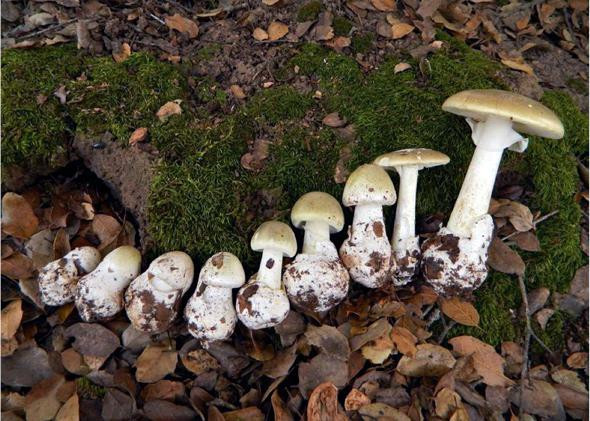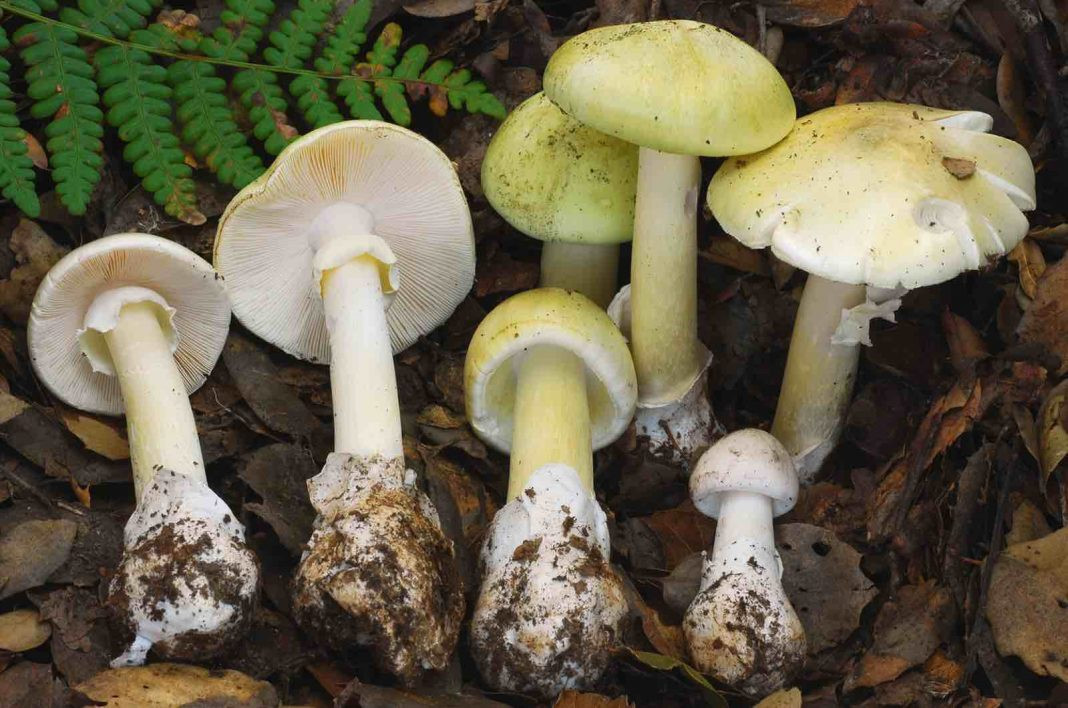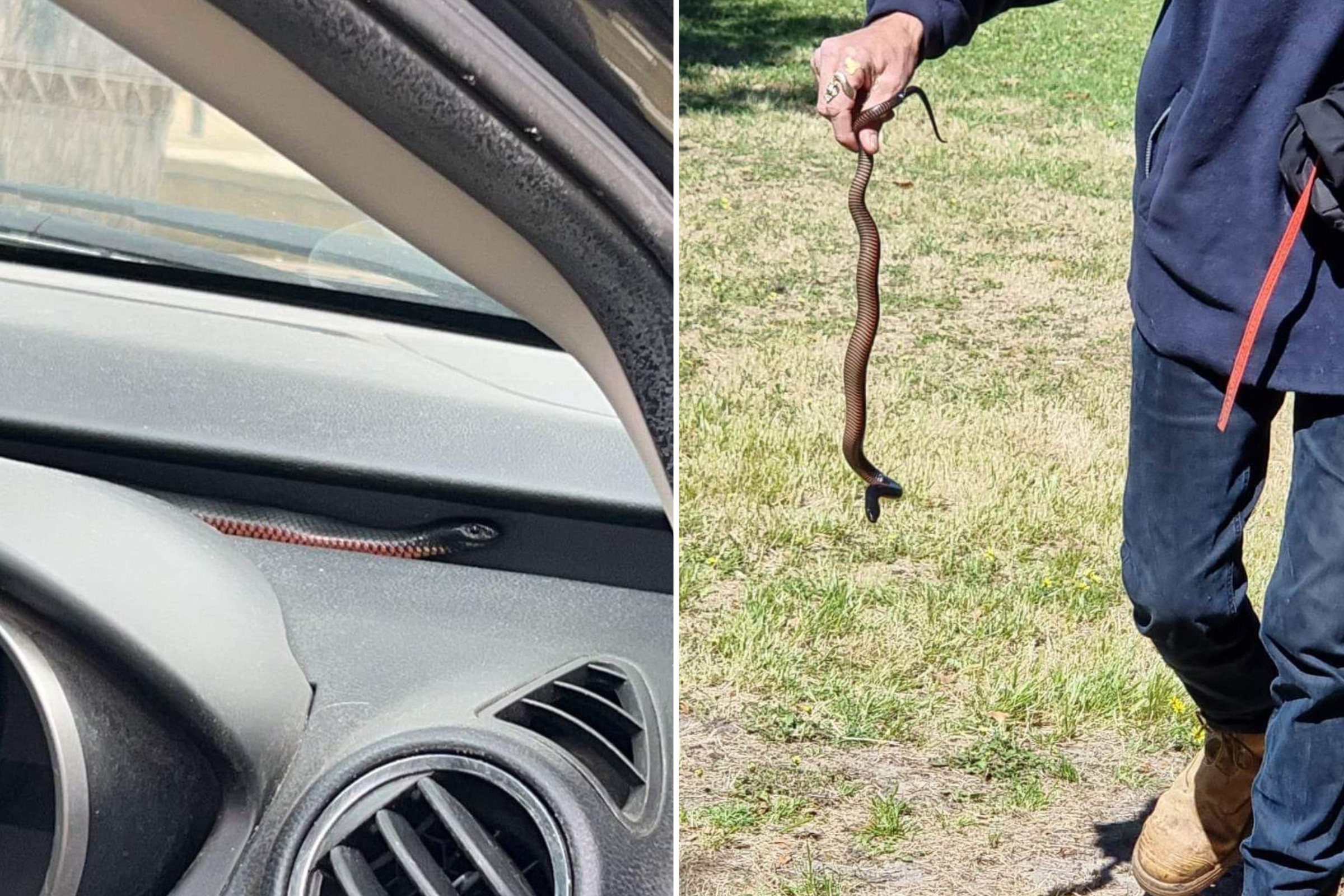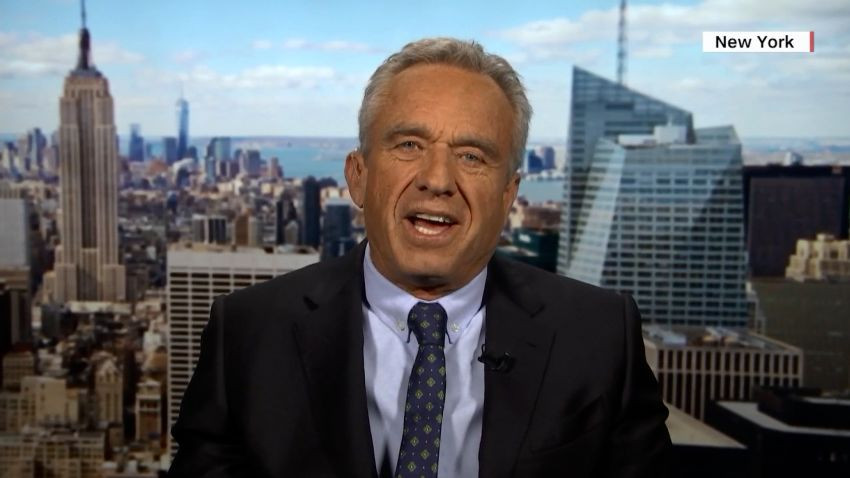Growing throughout Oak Bay’s Uplands neighbourhood is a tiny mushroom that if ingested could cost you your life. More commonly referred to as the death cap mushroom, the fungus is not native to North America. The mushroom shares a symbiotic relationship with certain species of imported trees, growing from their roots. Now the deadly mushroom has evolved, learning to grow from B.C.’s native Garry oaks.
"One of its names is the silent assassin,” said Chris Hyde-Lay, manager of park services for the municipality of Oak Bay. "This is where we are finding the most of them, which is around the root plate and out into the root system of these various trees,” said Hyde-Lay, standing underneath a large tree in Uplands. He says the reason the neighbourhood is the epicenter for this dangerous mushroom is because so many of those imported trees were planted along the streets’ boulevards. "We've picked about 600 off of this boulevard already this year,” said the park services manager.
Oak Bay crews have been busy picking those silent assassins throughout the municipality since they began to grow. There are an estimated 10,000 species of mushrooms worldwide, and some can be as deadly as the death cap, but they kill the most people. "This one species, the death cap, is responsible for more than 90 per cent of deaths from mushroom poisoning,” said Andy MacKinnon, who is a forest ecologist by trade. MacKinnon is an expert in all things fungi related. He says there is a reason for that shocking statistic. "People often times confuse it with mushrooms like the Paddy Straw Mushroom or some other amanita species that they are used to eating,” said MacKinnon.
He says death cap mushrooms hold certain toxins that if ingested will circulate in your blood stream. Within the first six to 12 hours, you will experience an upset stomach. "Then the symptoms will go away for up to three days,” said the forest ecologist. During that time, often those who ingested the mushroom will forget about their recent illness. "During that time the toxins continue to circulate in the blood stream and destroy liver and kidney cells,” said MacKinnon, which leads to organ failure and potentially death.
It’s recommended if you have death cap mushrooms growing in your yard to pick them using a rubber glove then dispose of them in the garbage. As well, keep you pets away from the deadly mushrooms in case they decide to snack on them.
Identifying the Deadly Mushrooms
Death caps can be difficult to distinguish from edible mushroom varieties, Hyde-Lay said. “They’re probably the deadliest mushroom in the world, I would suspect.” Death cap mushrooms have a pale, yellowish colour with a large cap and skirting underneath. They can be deadly if ingested, especially for children, and are also dangerous for pets.
The Dangers of Death Cap Mushrooms
A three-year-old Victoria boy died in 2016 after eating food prepared using the mushrooms, which had been collected from a boulevard. In 2003, an Oak Bay resident became very ill from eating death cap mushrooms after mistaking them for puffballs. Up to 30 per cent of people who eat a death cap mushroom will die, and some will require a liver transplant, Island Health said. Hoyano said symptoms can be delayed, with nausea and vomiting not happening for about eight to 12 hours after eating. Those symptoms can disappear after about 24 hours, but liver or kidney damage can set in after three to six days.
What To Do If You Think You've Eaten a Death Cap Mushroom
If you suspect that you or someone you know has consumed a poisonous mushroom, go to the nearest hospital, call 911 or the B.C. Drug and Poison Information Centre at 1-800-567-8911, and keep a sample of the mushroom so it can be tested, Oak Bay’s online notice advises.
The Spread of Death Cap Mushrooms
The mushrooms can show up on lawns, parks and other locations around the capital region. Native to Europe, they arrived in the area about 50 years ago attached to the roots of imported ornamental European hardwoods. They typically grow under such imported trees as beech, chestnut and red oak, but have also adapted to pine and Garry oak. "They just form this symbiotic relationship where the mushroom takes what it needs from the tree, and in turns gives the tree an opportunity to absorb other nutrients from the soil,” Hyde-Lay said. The mushrooms have been seen as far north as Courtenay, as well as in the Lower Mainland.
How to Dispose of Death Cap Mushrooms
Anyone who sees death cap mushrooms and wants to dispose of them should wear rubber gloves to handle them and then wash their hands thoroughly afterward. Put them in the garbage rather than in a compost or food-recycling bin. Avoiding unnecessary lawn watering will help keep them under control.
Staying Safe in the Face of the Silent Assassin
The annual warnings about death cap mushrooms are a reminder that even in seemingly familiar places, nature can hold unexpected dangers. While these mushrooms may appear innocent, their potential for harm is real. It's crucial to be aware of their presence, how to identify them, and the steps to take if you encounter them. Remember, when it comes to mushrooms, it's always better to err on the side of caution. Be mindful, stay informed, and be safe.


















